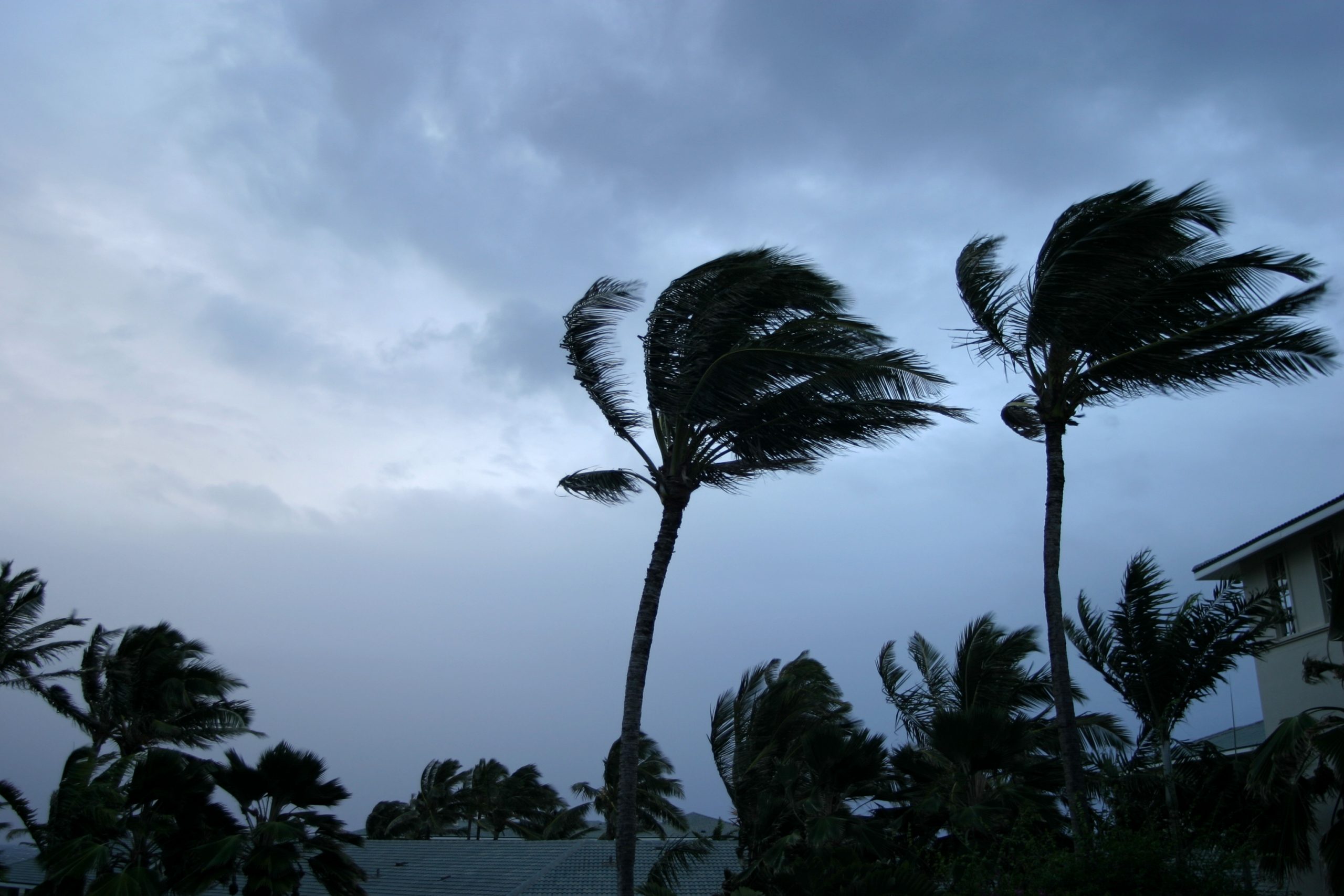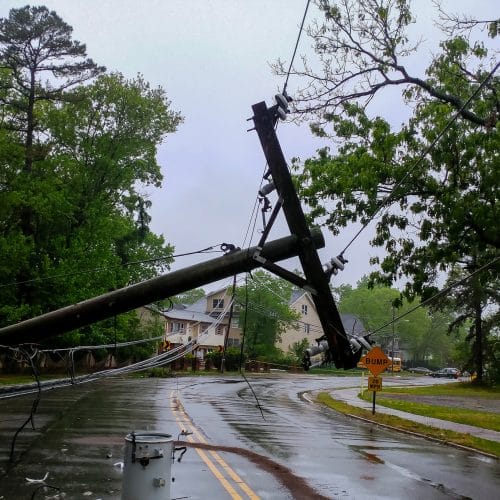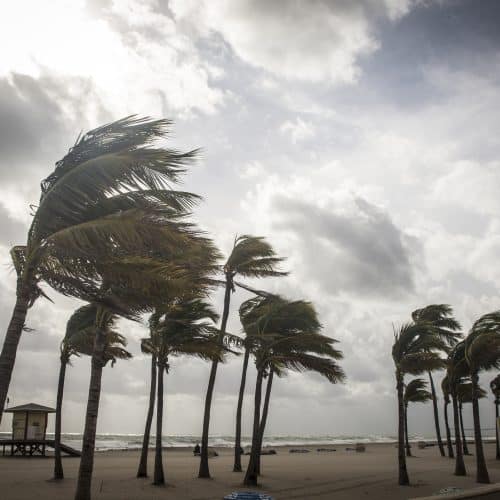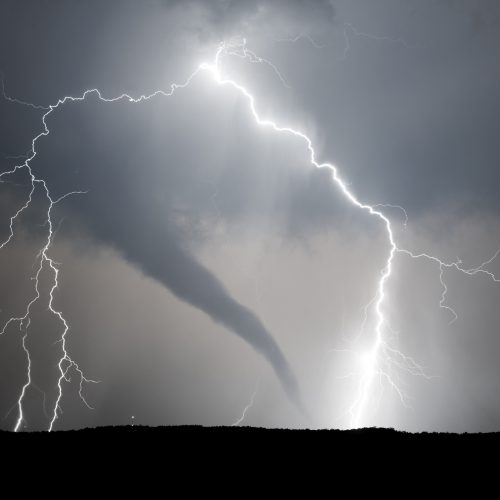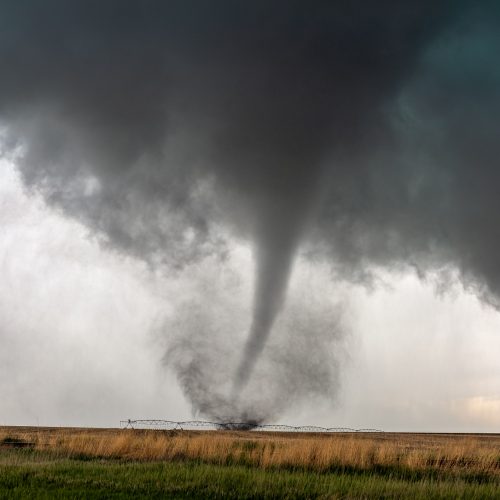If you live along the Gulf Coast, you know that hurricane damage can be nothing short of horrific. Far too many people fail to take the potential of hurricane damage seriously until it’s too late. While you can’t control natural disasters, you can fully control how prepared you are for potential damage.
While a qualified hurricane property damage attorney can be an important ally if you need to recover from your losses after a hurricane, it’s better not to suffer losses in the first place. Keep reading to learn what you should do before a hurricane, steps to prepare for the storm, and how a hurricane damage claims attorney can support you after the storm passes.
What You Should Do Before a Hurricane Hits
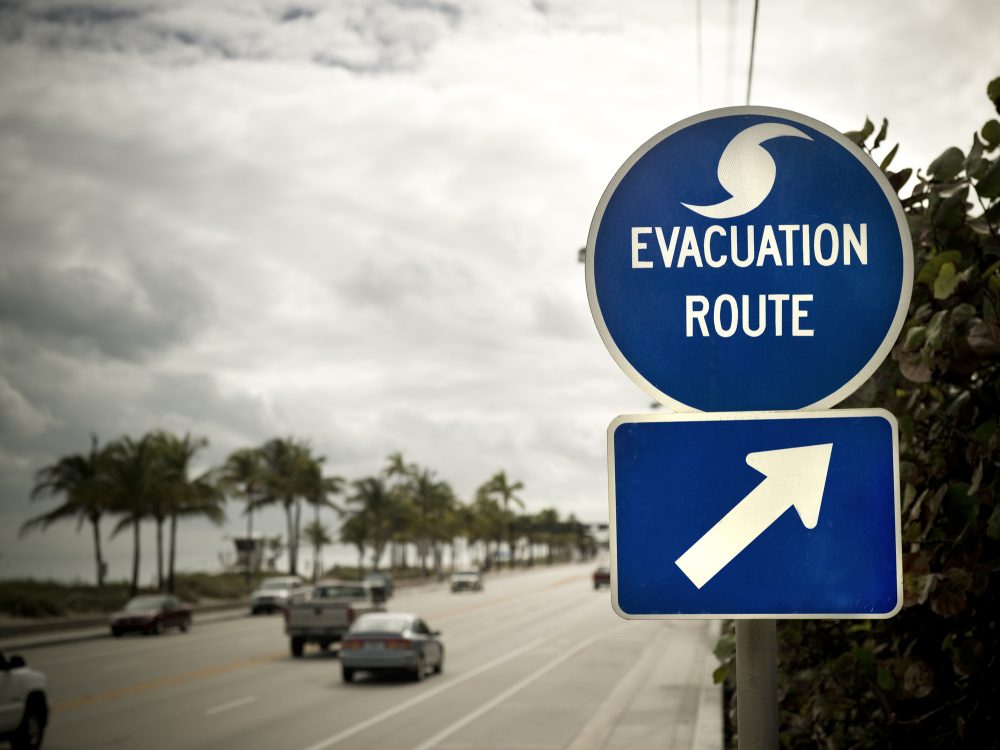
- Have a plan of action
- Keep a well-stocked emergency kit
- Make sure you’ve got power
- Protect your appliances
- Secure your house
- Protect your windows and doors
- Secure interior decor
- Protect your vehicle
- Protect vital documents and information
- Know where to go for shelter
Have a Plan of Action
Plan exactly what you’re going to do in a variety of situations, whether it’s sheltering in place or evacuating entirely. We recommend practicing your plan and knowing it backward and forward so you can implement it at a moment’s notice without thinking. Keep all important contact numbers handy so you can notify loved ones that you’re safe or call for help if you need it.
Keep a Well-Stocked Emergency Kit
Every home should have an emergency kit that’s stocked with batteries, flashlights, a radio, bottled water, nonperishable food, extra cash, clothing, blankets, toiletries, and other necessities. If you don’t already have a portable power generator, you may consider investing in one. However, it is important to remember to never run a generator in your house. Keep your kit stocked and add to it over time. You can’t be over-prepared for a disaster emergency.
Make Sure You’ve Got Power
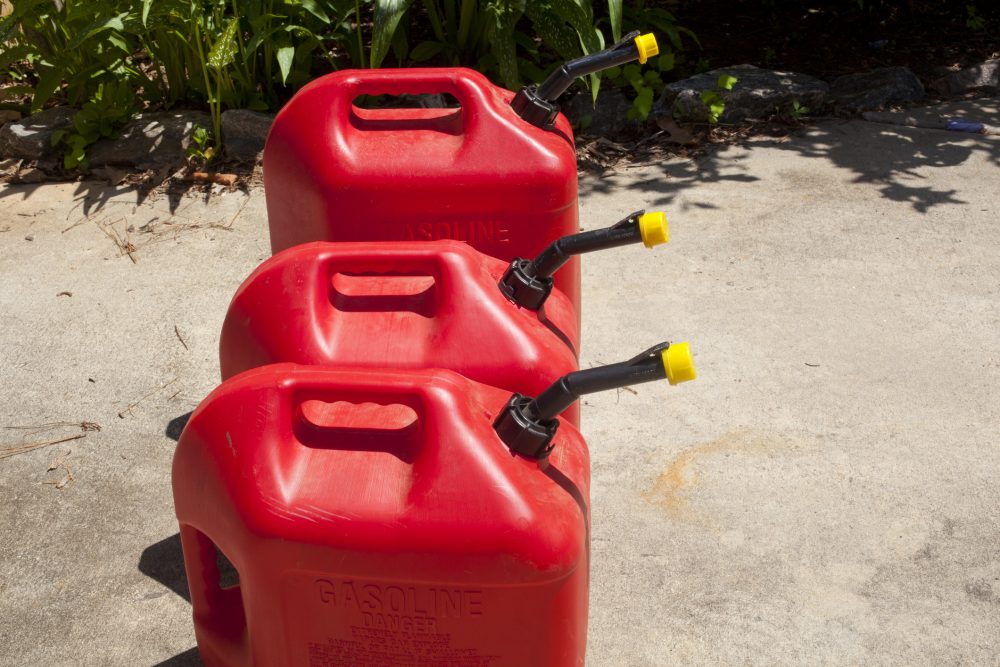
Protect Your Appliances
When a storm is approaching, unplug all of your appliances from the wall and move them away from windows and doors. Ideally, you should place them in cabinets or closets to avoid damage to them and protect them from blowing around or becoming a projectile safety concern if the windows break.
Secure Your Home’s Exterior
Keep large trees and shrubs away from your house. Secure bikes, outdoor toys, patio furniture, potted plants, outdoor sculptures, and other items that could become projectiles if a hurricane strikes. Tie down any large outdoor objects that may be damaged or become a safety hazard if they can’t be moved.
Protect Windows and Doors
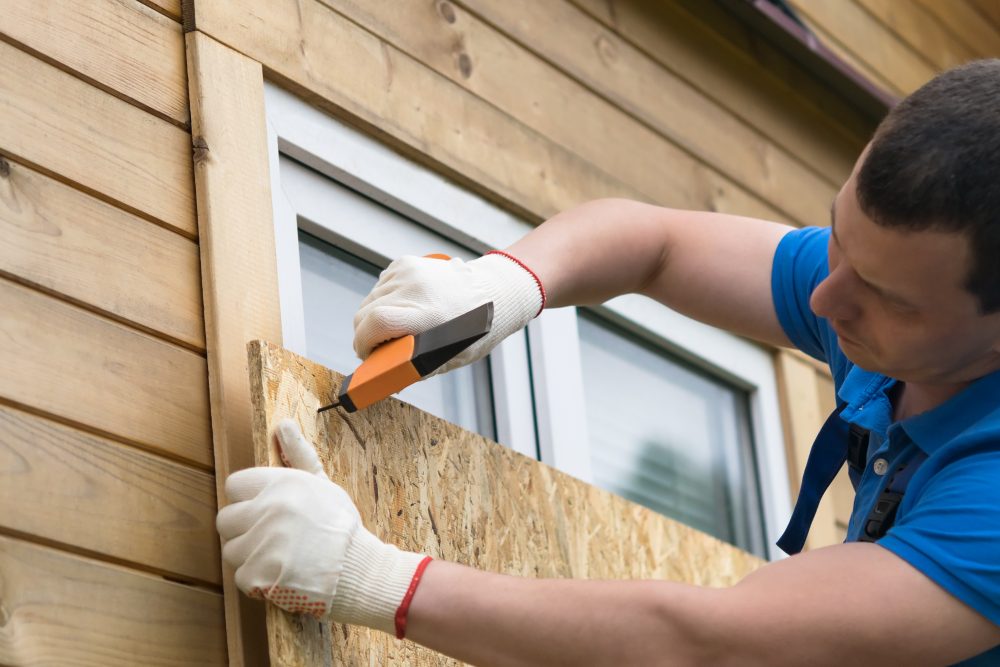
Secure Interior Decor
Make sure that anything hanging on your walls is secure. If you have valuable art, keep it cataloged and take steps to protect it from falling, blowing, or being struck by foreign objects. Take any steps needed to secure and protect your valuable items and various decor pieces.
Protect Your Vehicle
Too many people neglect to protect their vehicles during a hurricane. The best way to protect your car or SUV is to leave it in the garage if you can. If that isn’t an option, move it out of harm’s way as best possible. Don’t park your vehicle under trees, near power lines or poles, or in flood-prone areas.
Protect Vital Documents and Information
Be sure that your insurance information, birth certificates, legal documents, marriage licenses, financial information, and the like are secured along with your valuables. It may even be a good idea to keep these things off-site in a safe deposit box at the bank or in a bolted interior safe that’s fire-rated.
Know Where To Go for Shelter
Whether it’s a storm cellar in your house or an emergency shelter in town, plan where you can go to take safe refuge from the storm. If you can’t leave the house, familiarize yourself with the safest place in the house to go. In most houses, the safest spot is centered on the first floor and in a room where no windows and nothing could potentially cause injury. Avoid any dangerous areas such as exposed windows or doors until after the storm is over.
Other Things You Should Consider Before a Hurricane
There are other considerations you should keep in mind to be properly prepared for a hurricane depending on your living situation. Do you live with anyone who has a disability, and have you considered their needs in your evacuation and preparatory plans? Do you or a family member have an illness that requires medicine or treatment that you need to stock in your emergency kit? Do you have a neighborhood plan of action for a natural disaster?
Working with your neighborhood to establish a community-wide plan can make a massive difference in the aftermath of a storm. Your efforts might help seniors and others who need extra help.
Above all, stay informed, keep your eyes out for alerts, know the dangers in your area, and focus on personal safety every step of the way.
After the Storm: Call for Help
If you have property damage after a storm passes, dealing with the insurance company can be stressful at best. Don’t seek your settlement alone. If you need help getting your compensation, contact the Disaster Insurance Claims team at Long & Long for a free policy review. We’ve collected over $500 million for policyholders and we’re here to fight for you. Get prepared and contact us today!


